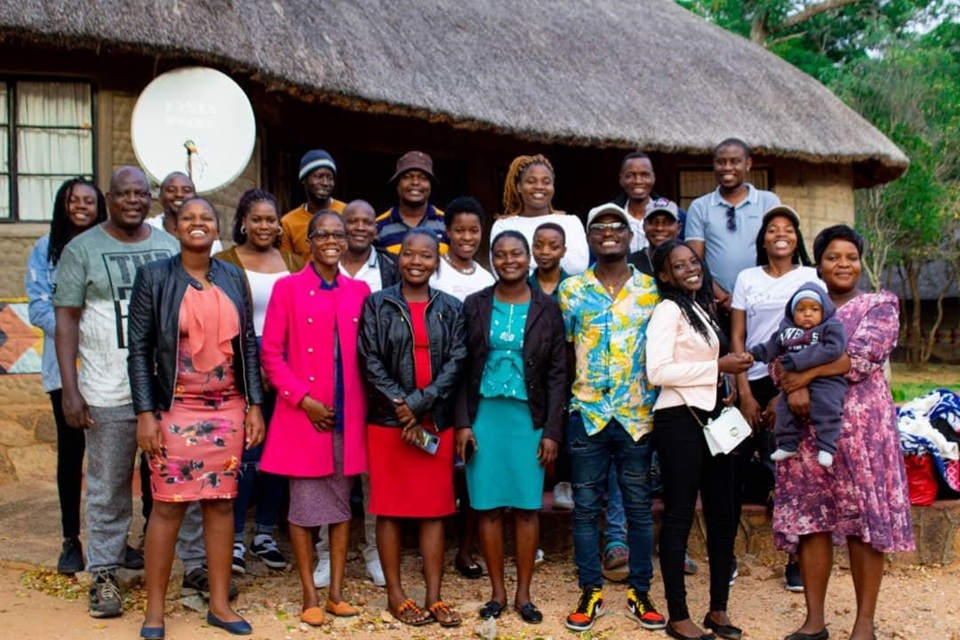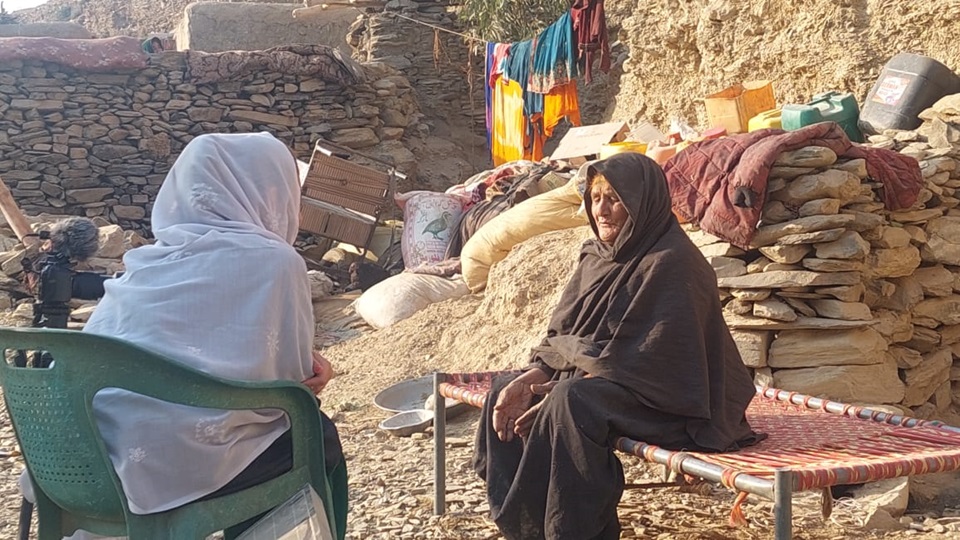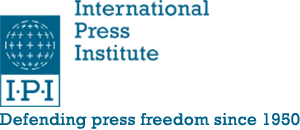This text comes from IPI’s newsletter The Outlook. Click here to sign up to receive future editions direct to your inbox.
This is The Outlook, IPI’s media innovation newsletter, where we take a look at tools and strategies for innovation, and learn from newsrooms that are implementing them.
Can you help us make this newsletter even better? Click here to take our end of year survey!
Today we are looking at how media in Pakistan and Zimbabwe are working with members of their community to uncover new story angles, tell those stories, and deliver impact.
The challenge: Telling stories with, not only about, community members
IPI recently spoke to founders of two media outlets which aim to provide reliable news for residents of remote regions: Tribal News Network in Pakistan and Community Podium in Zimbabwe.
Both outlets have trained members of these communities in media literacy and news reporting, involving them directly in their journalism. This has built relationships and boosted credibility not only with these often overlooked groups, but also with other segments of the audience, notably the Zimbabwean diaspora in the case of Community Podium.

Team members and community contributors from Community Podium. Photo courtesy of Community Podium
The solution: Make citizen journalism about dialogue
Citizen journalism is not a new concept; user-generated images and firsthand accounts have always played a role in how major events are covered.
Tribal News Network and Community Podium go beyond asking for input on topics pre-decided by the newsroom. Community members – including refugees and women at Tribal News Network, and residents of rural regions at Community Podium – help guide which issues are reported on, and how.
Nkosikhona Dibiti, founder of Community Podium, explains that the process of training citizen journalists, supporting them with mentorship, and fact-checking and editing their stories, is time-consuming. But it’s worth the effort to identify important angles which they can report on with nuance and local perspectives.
Both newsrooms now receive many story ideas directly from their community, and the teams have brought important local stories to a wider audience. Community Podium has mobilized its diaspora audience to donate to support the causes they cover.
Community members trained by both outlets have gone on to work as journalists for other media, demonstrating a ripple effect in increasing representation in journalism.

A citizen journalist trained by Tribal News Network interviews Afghan women in Pakistan’s rural regions. Photo courtesy of Tribal News Network
The Takeaway: Working with citizen journalists brings new perspectives – but to ensure the work is not extractive and that editorial standards are upheld, relationship-building needs to be a long-term effort, taking community members’ needs into account. The kind of feedback loops you’d use to develop dialogue with audience members can also work to strengthen relationships with contributors.
Over to you
Will you help us practice what we preach, and improve our newsletter based on audience feedback? IPI is running an end-of-year survey to ask about how you work with innovation and how The Outlook can help you. Click here to take the survey – thank you!
News from IPI’s Media Sustainability Team
You can read in more detail about Community Podium, and another example of a participative newsroom in Zimbabwe, She Corresponds, in IPI’s latest local news case study.
Our Innovation and Media Sustainability Team also hosted a virtual newsroom visit to El Salvadorean newsroom Alharaca, and we will soon be making the recording available to catch up online. Alharaca’s team provided valuable insights into their operations within a media landscape where independent journalists face increasing pressure. They spoke about the steps they have taken to attain financial sustainability, and how they have developed a collaborative model that achieves meaningful impact.
Funding opportunities for media
- Free Press Unlimited has opened two Climate Change Fellowship Programs: 20 fellows who work in Lebanon, Syria, Jordan, Palestine, Egypt, Libya, Algeria and Tunisia will be given training, support and community events to help them report on constructive stories around either young people’s mobilization for the climate, or innovative methods for green energy. The deadline for applications is December 24.
- Nominations are open for the Goldsmith Prize for Investigative Reporting, for US journalists or media whose work published in 2023 promotes more effective and ethical conduct of government, the making of public policy, or the practice of politics. Prizes are between $10,000 and $25,000 and the deadline is January 10.
- The Milena Jesenská Fellowship Program offers European journalists a three-month fellowship at the Institute for Human Sciences in Vienna to pursue an in-depth research project. The fellowship includes office space, research facilities and a €3,000 monthly stipend, and the deadline is January 28.
IPI’s media innovation and sustainability work is made possible with support from the European Union, Friedrich Naumann Foundation and ERSTE Foundation.



